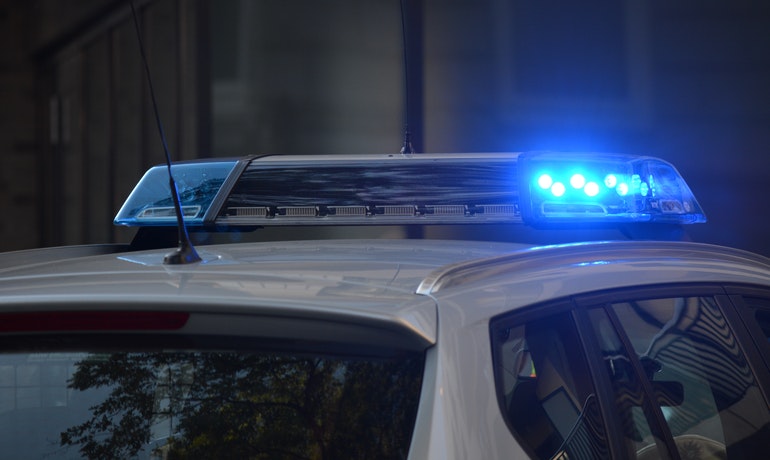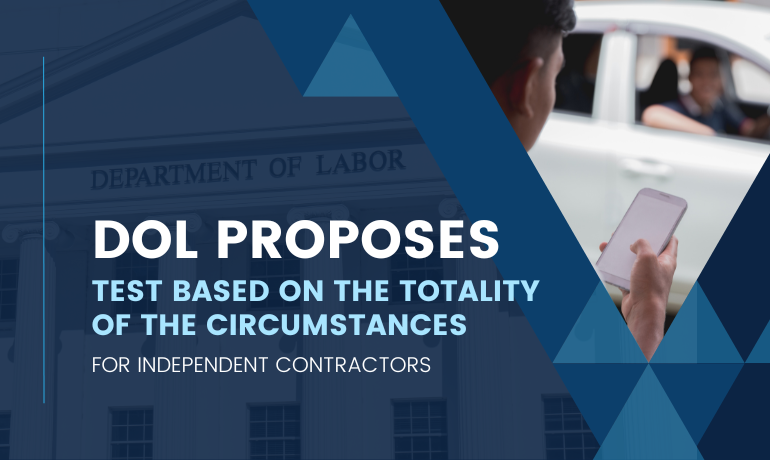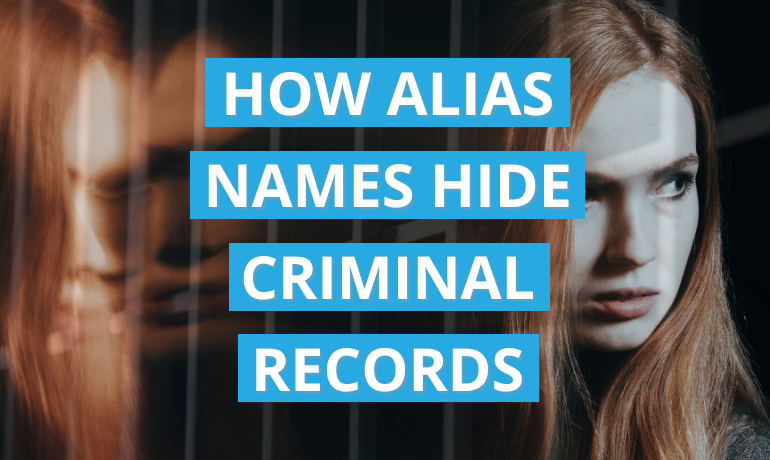By Cristina Corbin – FOXNews.com
George Huguely’s rage was well-known to police. But the University of Virginia never knew about its 22-year-old lacrosse star’s violent past because there’s no law that requires colleges to be told when a student is arrested off campus.
George Huguely’s rage was well-known to police. But the University of Virginia never knew about its 22-year-old lacrosse star’s violent past because there’s no law that requires colleges to be told when a student is arrested off campus.
Officials at the University of Virginia say they had no idea that Huguely, who is accused of murdering former girlfriend and women’s lacrosse player Yeardley Love, was arrested in 2008 for public intoxication after threatening to kill a female police officer.
The incident occurred outside a house in Lexington, Va., nearly 70 miles from the university in Charlottesville, where Love, a 22-year-old college senior, was found lying in a pool of blood in her off-campus apartment Monday. Her right eye was swollen shut and she had a bruise on her cheek from “blunt force trauma,” police said.
Under the federal law known as the Clery Act, which passed in 1989, colleges and universities across the U.S. are required to disclose information about crime on and around their campuses in an annual report. The law has since undergone a series of amendments, including a 2008 provision strongly encouraging schools to forge agreements with local law enforcement agencies to investigate student arrests and crimes.
While the Clery Act has been pivotal in enforcing reports of on-campus crimes, arrests of students in other towns and cities often go unnoticed. And the law “does not impose an affirmative responsibility of investigation on the college or university,” said Linda Malone, a professor of criminal law at William and Mary Law School.
The law is particularly “problematic,” she said, if the student’s arrest doesn’t occur in the vicinity of the college or university — as was the case with Huguely. Under the Clery Act, authorities in Lexington were not obligated to notify UVA officials that Huguely was shocked with a stun gun after a physical altercation with an officer.
Huguely was arrested and convicted for the 2008 drunken altercation, but the police report did not mention he was a student at UVA, Lexington Police Chief A.S. Thomas said in interview. Some police departments work directly with campus authorities in providing arrest information, while others do not.
Officials from Washington and Lee University and Virginia Military Institute in Lexington, Va., for example, meet with local police on a weekly basis to investigate whether students have had any run-ins with the law, according to Thomas.
The dean of students at Binghamton University in New York, however, reportedly first heard that a student athlete — a heavyweight wrestler — had been arrested in 2005 for punching a woman while listening to a local radio station — not from authorities. And at the University of Alabama in Huntsville, Ala., school officials had no knowledge that Professor Amy Bishop, accused of gunning down three colleagues, had shot her brother to death 20 years earlier in Massachusetts. The shooting was ruled an accident at the time.
Many colleges have implemented policies that require students to “self-report” any encounters they have with law enforcement — from traffic citations to criminal arrests. But some student safety groups say such a policy borders on the absurd.
“You cannot always expect a student to self-report [arrests] to a school,” said Jonathan Kassa, executive director of Security for Campus Inc., a campus safety group founded after the 1986 murder of Lehigh University freshman Jeanne Ann Clery, for whom the Clery Act is named. Clery was asleep in her dorm room when she was raped, strangled, and mutilated with a broken bottle by Josoph Henry, a fellow student with a history of disciplinary problems. Henry was convicted of murder and sentenced to death.
Malone said that while the self-report rule “may seem like it is a relatively weak form of reporting requirements,” it does provide the college with a basis for taking disciplinary action against a student who fails to comply.
Huguely did not report his arrest to UVA, university president John Casteen told reporters on Wednesday. Casteen said UVA students are required to self-report arrests but acknowledged there is a critical gap in the law regarding informing colleges and universities.




